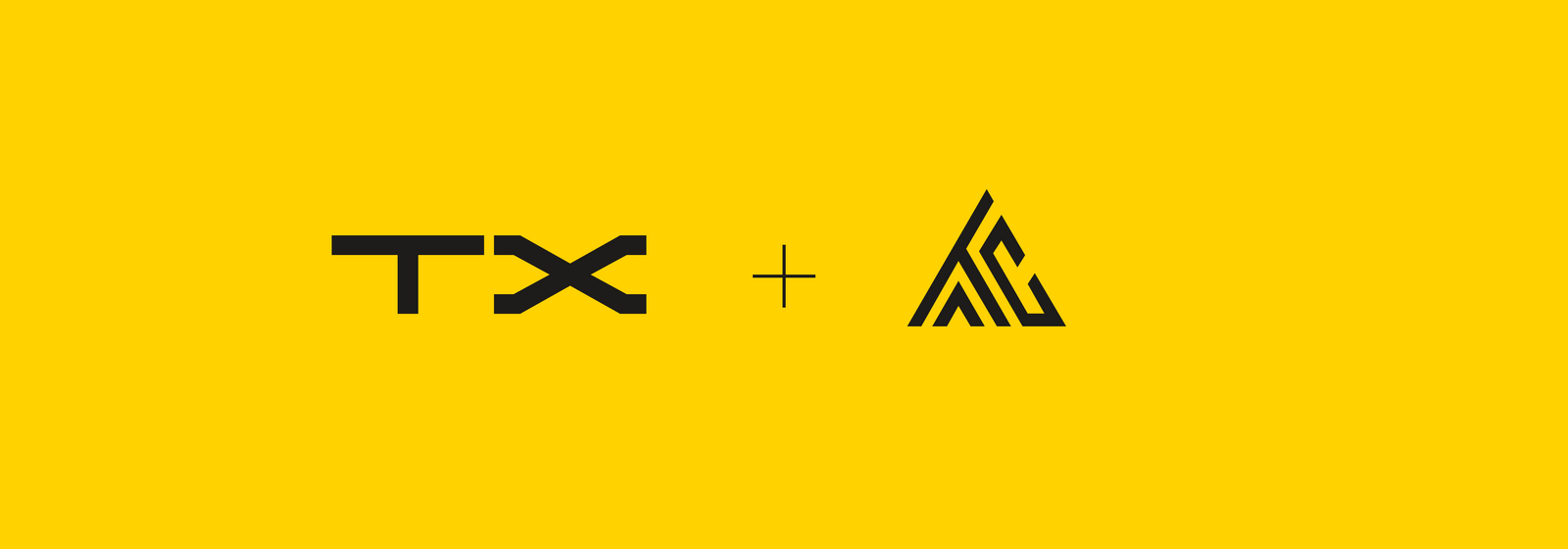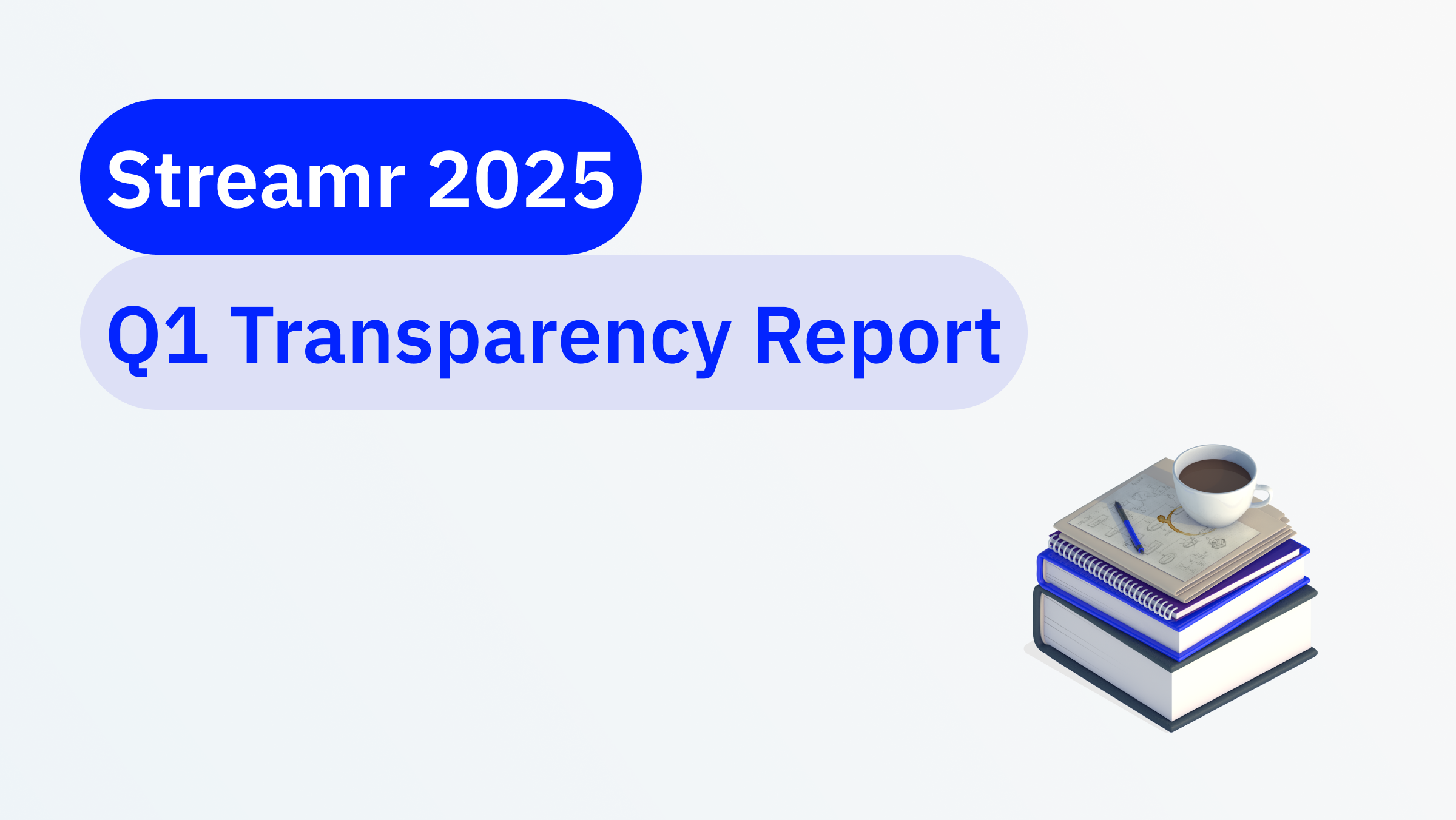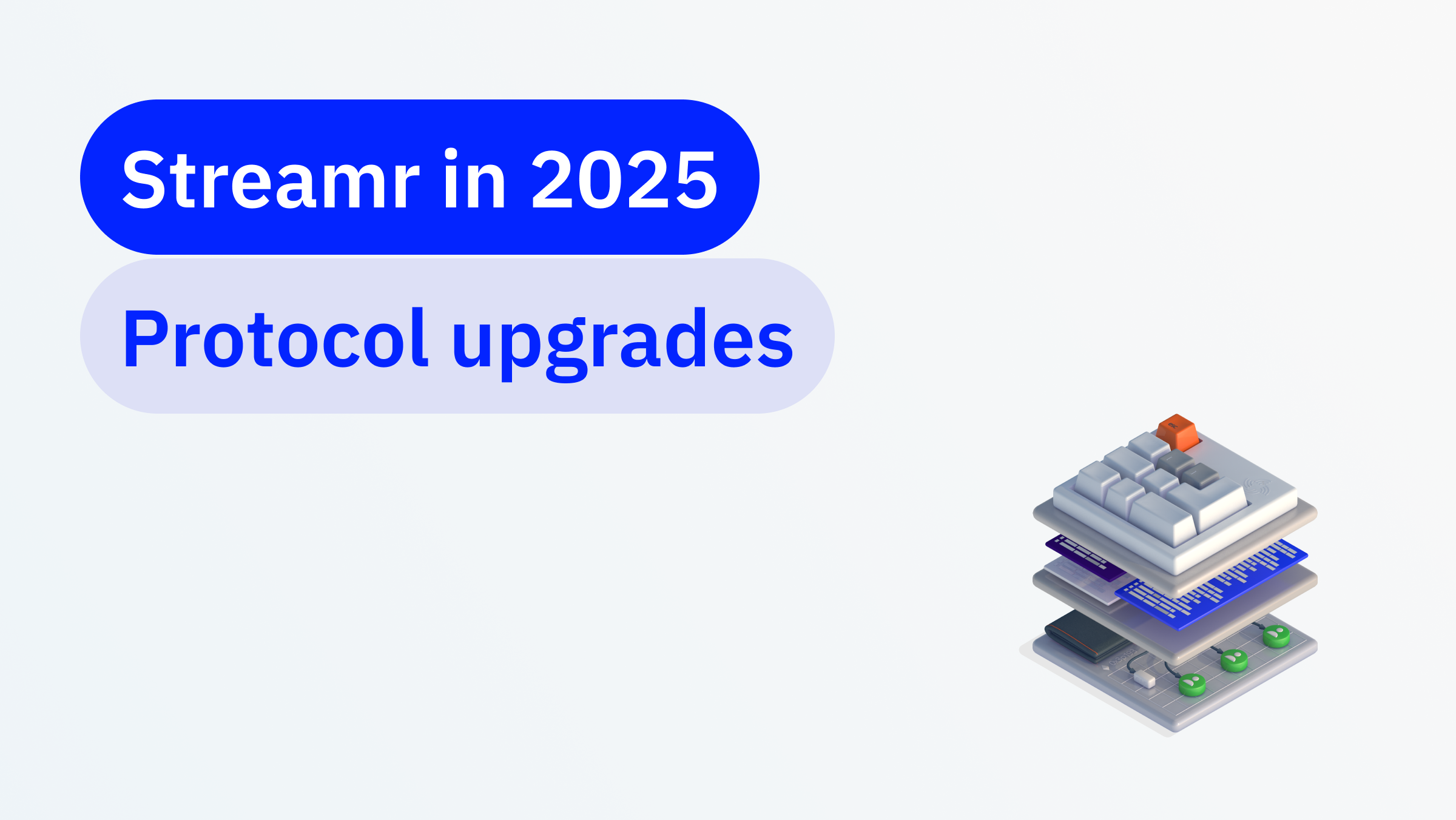Streamr and TX join the ATARCA (Accounting Technologies for Anti-Rival Coordination and Allocation) consortium to explore new economic systems for industrial data markets.
A new economic category for abundant goods — anti-rival goods that increase in value when shared — forms the basis of research to be conducted by ATARCA. ATARCA aims to create a new economic system in which digital goods are no longer traded with mediums of exchange, such as fiat money, but with mediums of sharing.
Current data markets are built on centuries old structures of exchange, in which a scarce rival good, such as oil, is traded for its financial equivalent, money. With a newly received EU Horizon 2020 FET Open award of €2.75M, the ATARCA consortium aims to investigate new economic structures.
The European Commission’s FET Open call challenges applicants to lay the foundations for radically new technologies with a potential for future social or economic impact or market creation. Despite a fiercely competitive call, with 902 proposals submitted by the 3rd June 2020 deadline, Streamr, TX and its consortium partners were successful in their application for funding and expect to kick-off with the project in April 2021.
To date, technical and legal mechanisms are used to support Intellectual Property Rights (IPR), such as Digital Rights Management (DRM). These mechanisms were originally meant to incentivise the creation of digital and other intangible goods. However, they create artificial scarcity and thereby fail to most efficiently support distribution of goods which, by their nature, benefit from sharing.
A new medium of sharing will be tested in two different pilot projects. In the first pilot, ATARCA will develop, together with Streamr and its consulting arm TX, new industrial data markets to test drive mediums of sharing as a means of payment within Streamr’s real-time data ecosystem. The Streamr Network will be used as the underlying infrastructure for the transmission and sharing of the pilot project’s data. TX will be handling the technical implementation of both pilot projects.
The second pilot will be run in Barcelona, together with local communities using the REC, a new social currency. The REC is a citizen exchange system complementary to the Euro, to which a second dimension, that of sharing, will be added. REC is an initiative of NOVACT, the international Institute for Nonviolent Action, which promotes social transformation processes based on human rights, justice and democracy in the Euro-Mediterranean region.
Countering mainstream economics, ATARCA argues that the current economic system is not fit for the 21st century, in which humans increasingly trade abundant goods with a finite medium of exchange. The term ‘anti-rival goods’ denotes a new theoretical category of goods that are characterised by abundance and that, unlike rival or non-rival goods, become more valuable the more they are being used.
This increase in value is due to network effects, which draw in an ever more increasing number of users to online platforms such as LinkedIn or Fortnite. The more these platforms are populated by users, the better the experience for the individual user. The cost of onboarding an additional user is close to zero. Looking beyond social online platforms, the same can be said for coronavirus tracking apps, industrial data markets or neural networks, which get better the more they are being used and fed with information.
To leverage this phenomenon, ATARCA proposes to incentivise participation through the creation of a new financial technology, anti-rival tokens. These distributed ledger technology (DLT)-based tokens are used to instantiate a new ‘substance’ of quantified anti-rival value, a medium of sharing. The smart tokens will enable efficient, decentralized, market-style trading and ecosystems for anti-rival goods. Hence, they work somewhat like money, being a store of value and a unit of account. But instead of being a medium of exchange, they are a medium of sharing.
Unlike cryptocurrencies, such as Bitcoin, the value of anti-rival tokens will not be based on scarcity but on the underlying human relations. Their value reflects the way relationships are built over time through repeated interactions, by default benefitting all sides of transactions.
Professor Pekka Nikander from Aalto University’s Department of Communications and Networking explains that, “in ATARCA, we create cryptographically protected anti-rival tokens. We will test their applicability to governing industrial data markets and fostering cooperation in community driven currencies. If successful, this technology will not only help to properly organise the markets for data and other digital goods, but provide the structural fundamentals of a new type of economic growth. This will allow the societies at large to more widely explore structurally new incentives for systemic sustainability and scalable systemic intelligence.”










